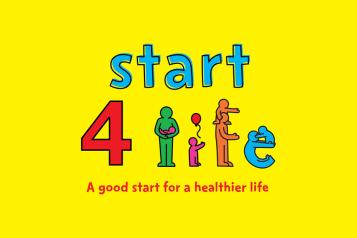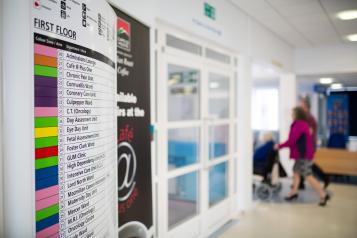People’s health getting worse whilst on waiting lists

The results of the latest annual survey of hospital inpatients published on 12 September by the Care Quality Commission (CQC) show patient satisfaction levels have remained largely static since 2021. But satisfaction over a longer period of time has gone down.
What did people say?
In 2022:
- 39% of those who were in hospital for planned care said they would have like to have been admitted sooner (compared to 35% who said this in 2021 and 32% in 2020)
- 41% said their health deteriorated while waiting to be admitted
- 24% saying it got ‘a bit worse’
- 17% said their health got ‘much worse’.
Doctors and nurses
The majority of people were positive about their interactions with doctors and nurses.
- 81% said they ‘always’ had confidence and trust in doctors treating them
- 82% felt they were ‘always’ treated with dignity and respect
Experience of hospital discharge
Only 38% of respondents said they were involved ‘a great deal’ in decisions about their discharge, and less than half (45%) said they ‘definitely’ knew what would happen next in their care after leaving hospital.
Responses to the 2022 survey show that people admitted for emergency care, those who were considered frail, have Dementia, Alzheimer’s or a neurological condition and younger people (age 16-50) all reported poorer than average experiences for either all or most questions analysed.
In contrast, older people, people who were in hospital for a planned treatment , and those who stayed in hospital for only one night were generally more positive about their care.
“The NHS is struggling with a large elective care backlog, and these survey results reflect the impact of that backlog on people who need treatment, with an increasing number reporting that they waited too long to be admitted and four in ten saying their health deteriorated while waiting for planned treatment. The results also indicate growing public awareness of the difficulties staff face in meeting demand due to workforce shortages.”
Waiting List data
Other statistics published the same week, by the NHS, show an increase in the number of people on waiting lists. The total elective waiting list increased to 7.68 million in July, up from 7.57million in June. This covers all planned appointments, tests or operations and may include around 1 million people who are on the list twice for different treatment.
What did the survey ask?
The 2022 adult inpatient survey captures the views and experience of more than 63,000 people who stayed in hospital in England for at least one night during November last year. The survey asked people to give their opinions on the care they received, including quality of information and communication with staff, whether they were given enough privacy, the amount of support given to help them eat and drink, and on their discharge arrangements.
How are the findings used?
The survey findings have been shared with each hospital so they can review their results and take steps to make improvements where needed.
CQC say the will use the findings as part of its wider monitoring of the quality of hospital services and to plan and target its inspections.


